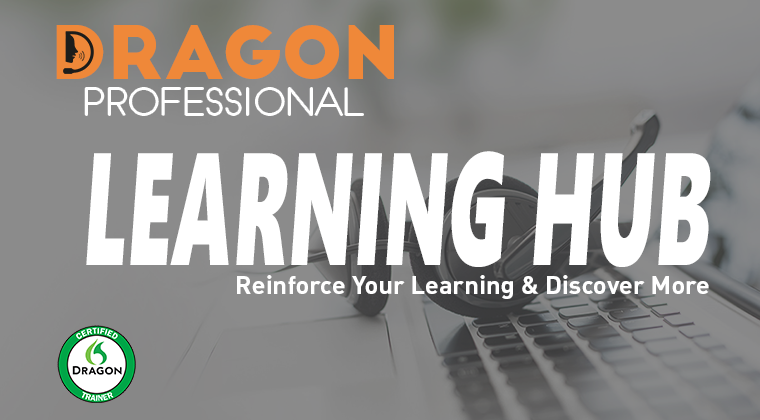Announcing a comprehensive new learning resource Dragon Professional is a widely-used tool that enables users to access and control their computer using speech alone. In addition to accurate dictation, the software supports complete hands-free access, making it a popular tool for many who experience barriers to using the keyboard and mouse. Accredited Dragon Professional trainer, […]




